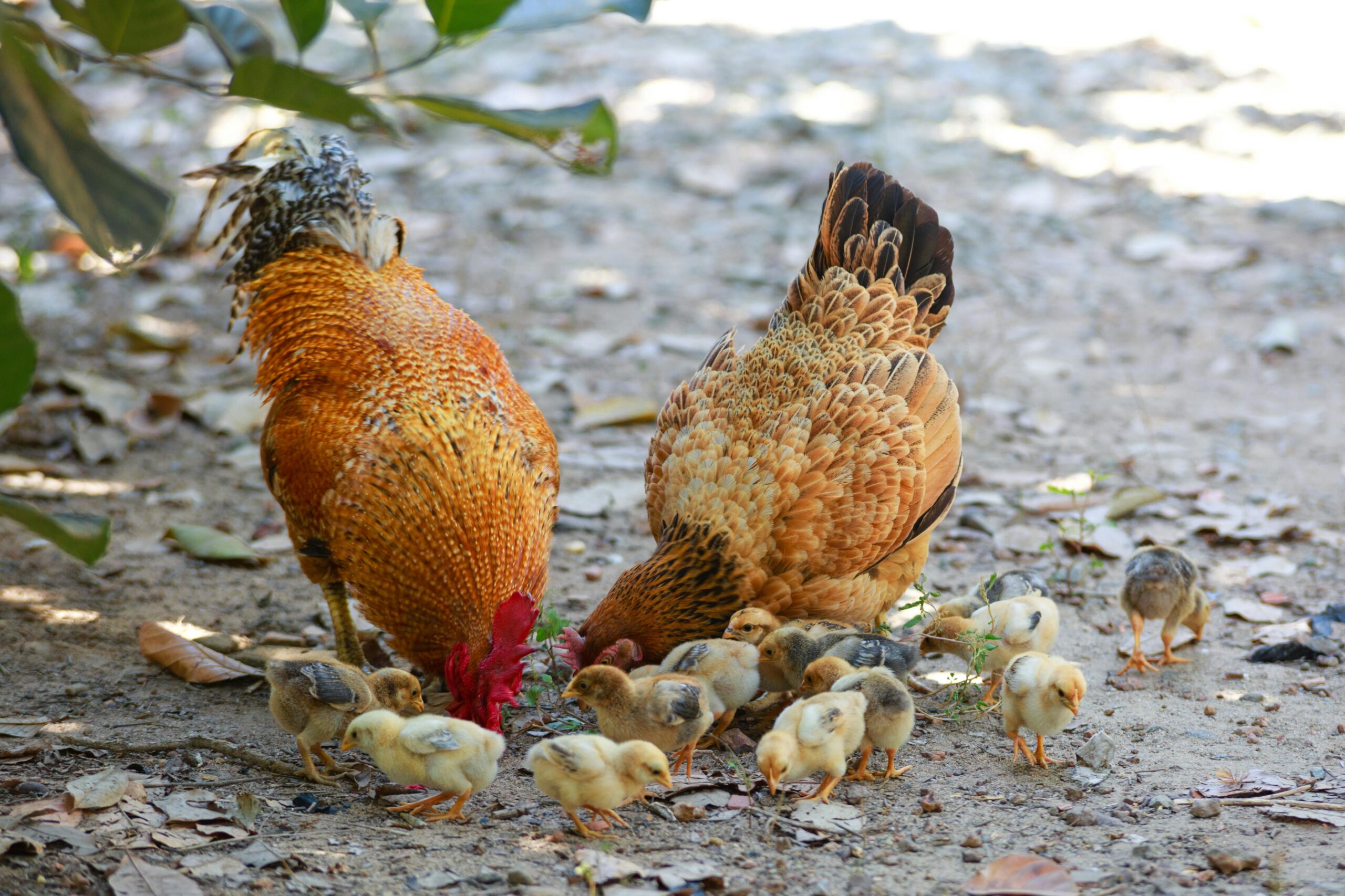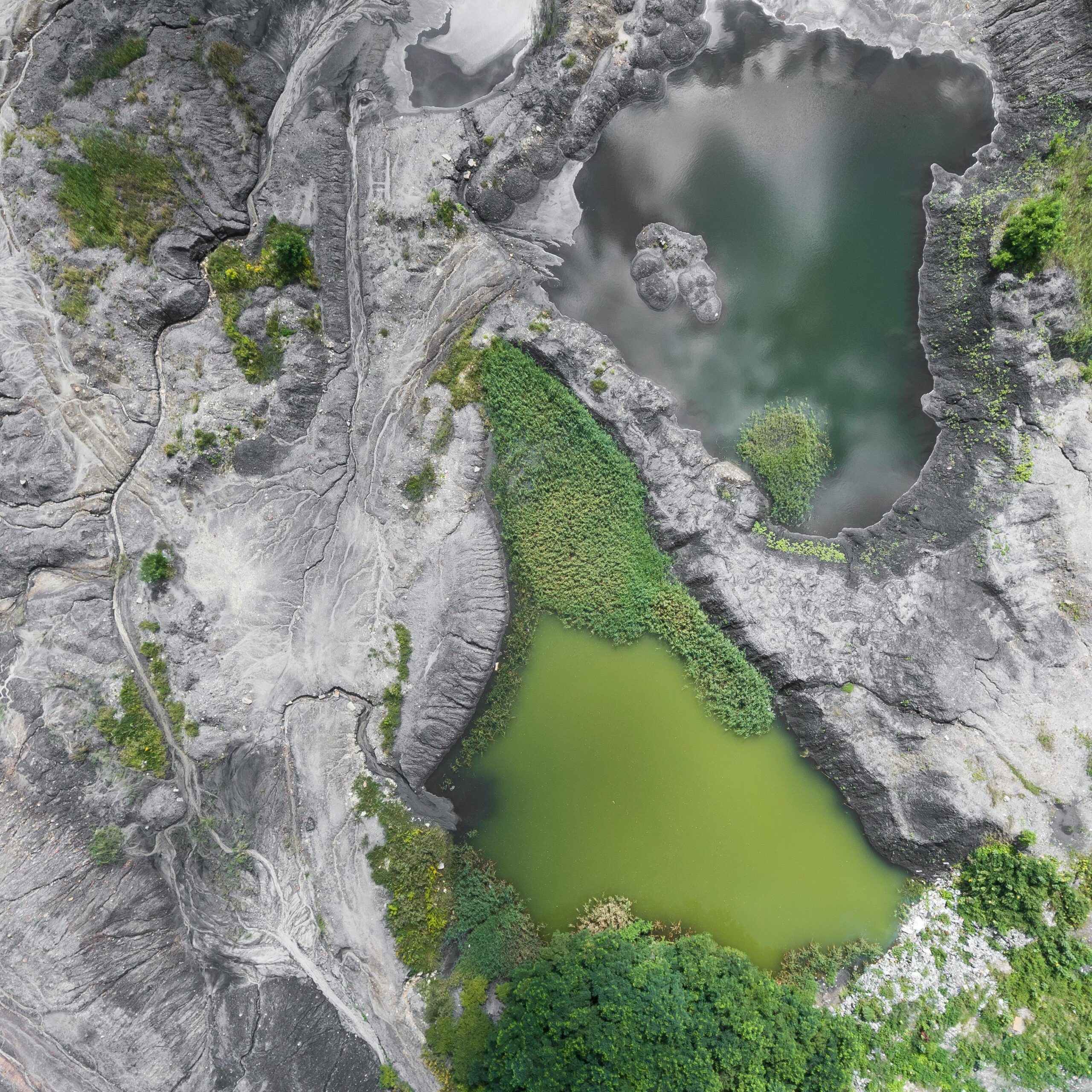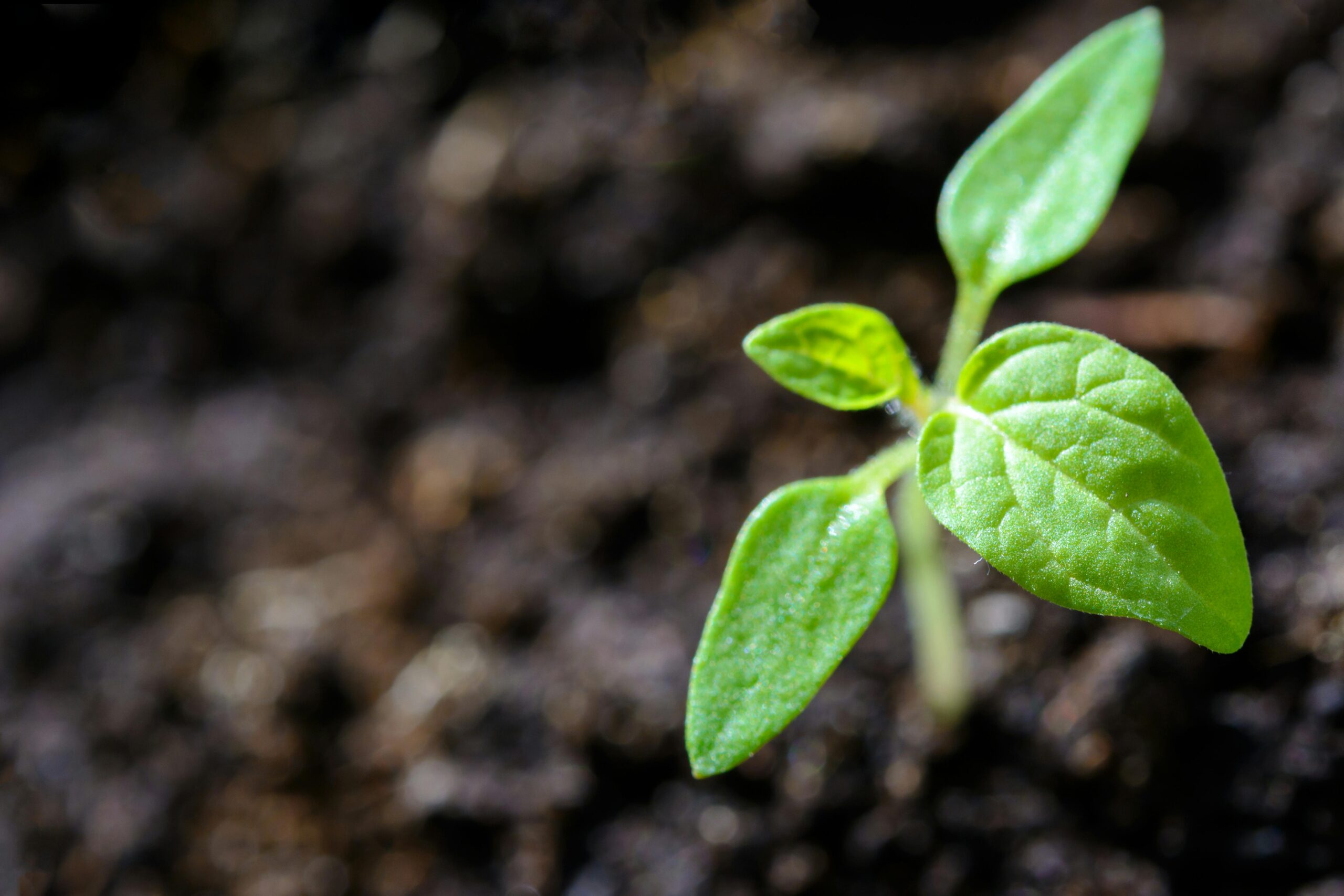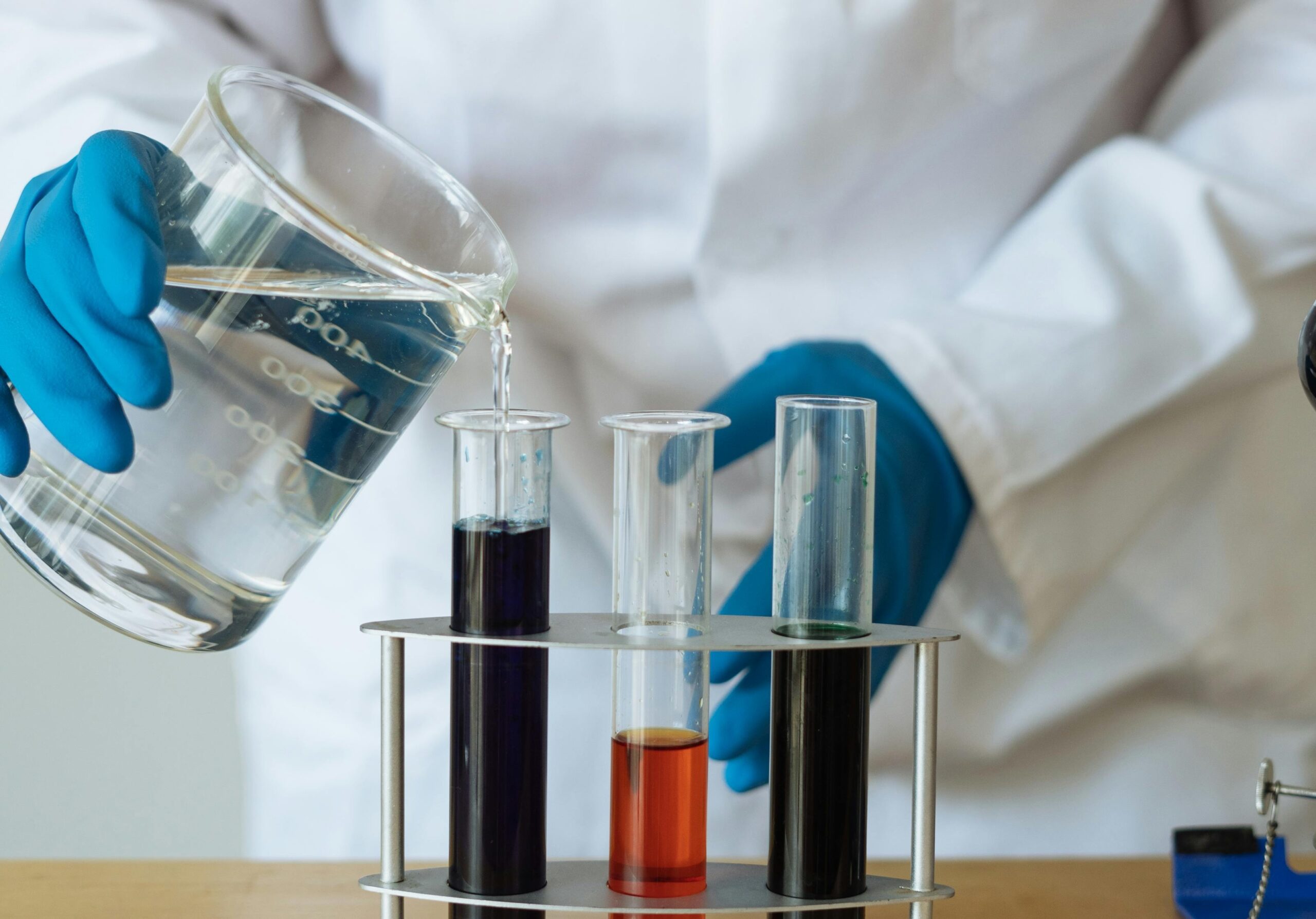Careers in Science
Animal Science | Earth Science | Health Science | Life Science | Physical Science

Animal Science
Careers in Animal Science
Aquarist
Maintains and cares for aquatic animals and plants, typically in an aquarium. This can include working in zoos, marine parks, or research facilities.
Beekeeper
Cares for honeybee colonies, ensuring their health and productivity. They harvest honey, provide pollination services, and support bee populations.
Dolphin Trainer
Work with dolphins in aquariums, marine parks, and research facilities, conducting training sessions, educational presentations, and activities.
Frog Scientist
Also known as herpetologists, study the biology, behavior, and conservation of amphibians, including frogs, toads, and salamanders.
Large Animal Veterinarian
Provide medical care to livestock, horses, and other large animals. They diagnose and treat illnesses, perform surgeries, and advise farmers.
Marine Biologist
Study marine ecosystems and organisms, including fish, coral reefs, and marine mammals, to understand their biology, behavior, and ecological roles.
Veterinarian
Diagnose, treat, or research diseases and injuries of animals. Conducts research, inspects livestock, or cares for pets and companion animals.
Zookeeper
Care for animals in zoos, wildlife parks, and aquariums, ensuring their health, welfare, and enrichment. They feed and groom animals, and clean enclosures.
Zoologist
Study the origins, behavior, diseases, genetics, and life processes of animals and wildlife. May specialize in wildlife research and management.

Earth Science
Careers in Earth Science
Cartographer
Research, study, and prepare maps and other spatial data in digital or graphic form for one or more purposes, such as legal, social, and educational.
Climate Change Analyst
Work on policy developments for climate change, and make
recommendations for actions like legislation, campaigns, or fundraisers.
Environmental Educator
Educate the public about environmental issues and nature by working with schools, nature reserves, nonprofits, and your local community.
Environmental Health & Safety Officer
Analyze work environments to ensure they are complying to safety regulations and help these organizations design procedures or programs to prevent hazards in the workplace.
Environmental Restoration Planner
Collaborate with field and biology staff to oversee the implementation of environmental restoration projects.
Forest Fire Inspector
Inspects forests for fire hazards while enforcing standard fire regulations and running prevention programs. Forest Fire Inspectors also report on weather and active forest fires.
Forest Firefighter
Help control and minimize forest fires or fires on public land.
Forester
Manage public and private forested lands for economic, recreational, and conservation purposes.
Forestry Technician
Work with foresters and forest engineers to help with the conservation of natural resources.
Geographic Information Systems Technician
Assist scientists and other professionals in using geographic information systems (GIS) databases.
Geologist
Study the Earth’s structure, composition, and history, investigating processes such as plate tectonics, erosion, and volcanic activity.
Geomorphologist
Focus on the study of landforms and the processes that shape the Earth’s surface, including erosion, weathering, and sedimentation.
Geophysicist | Seismologist
Study the physical properties and processes of the Earth, including its composition, and dynamics to understand natural phenomena.
Hazardous Materials Technician
Identify, remove, pack, transport, or dispose of hazardous materials. Specialized training and certification in handling or a confined entry permit are required.
Hydrologic Technician
Collect and organize data concerning the distribution and circulation of ground and surface water, and data on its physical and biological properties.
Industrial Ecologist
Use your knowledge of the physical and social sciences to promote effective use of natural resources in industrial production processes.
Logger
Work in forests as part of a team to obtain raw material needed for goods and other products.
Meteorologist
Investigate atmospheric phenomena and interpret data, gathered by surface and air stations, satellites, and radar to prepare forecasts for the public.
Natural Resource Economist
Analyze the economics related to environmental protection and the use of the natural environment.
Paleontologist
Study fossils to understand the history of life on Earth, including the evolution of plants, animals, and ecosystems over millions of years.
Park Ranger
Helping to preserve and maintain state or national parks.
Recycling and Reclamation Worker
Prepare and sort materials or products for recycling. Identify and remove hazardous substances. Also dismantles components of products such as appliances.
Recycling Coordinator
Supervise curbside and drop-off recycling programs for municipal governments or private firms.
Soil and Plant Scientist
Does research in areas like breeding, physiology, production, management of crops or trees. They also might study the composition of soil to see its effects on crop growth.
Sustainability Manager
Ensures organizations set and meet environmental goals and standards to minimize harm done to the environment.
Turfgrass Scientist
Specialize in the study and management of turfgrass species, such as those used in lawns, golf courses, and sports fields.
Waste Management Specialist
Develops appropriate methods for the removal and management of animal and food waste from/within the environment.
Water Resource Specialist
Design or implement programs and strategies related to water resources issues such as supply, quality, and regulatory compliance issues.
Wood Scientist
Work in research or manufacturing to find efficient ways to convert forest resources into products.

Health Science
Careers in Health Science
Anesthesiologist
Administer anesthetics and analgesics for pain management prior to, during, or after surgery.
Athletic Trainer
Evaluate and treat musculoskeletal injuries or illnesses. Provide preventive, therapeutic, emergency, and rehabilitative care.
Chiropractor
Assess, treat, and care for patients by manipulation of spine and musculoskeletal system.
Clinical Psychologist
Assess and diagnose patients with neurobehavioral problems related to acquired or developmental disorders of the nervous system.
Critical Care Nurse
Provide specialized nursing care for patients in critical or coronary care units.
Dental Assistant
Perform limited clinical duties including equipment preparation and sterilization, under the direction of a dentist.
Dental Hygienist
Administer oral hygiene care to patients. Assess patient oral hygiene problems or needs and maintain health records. May provide advanced care.
Dentist
Examine, diagnose, and treat diseases, injuries, and malformations of teeth and gums. May treat diseases of dental tissues affecting oral hygiene.
Dietitians & Nutritionists
Plan and conduct food service or nutritional programs to assist in the promotion of health and control of disease. May supervise department activities.
Exercise Physiologist
Assess, plan, or implement fitness programs that include exercise or physical activities such as those designed to improve muscular endurance, or flexibility.
Health Education Specialist
Provide and manage health education programs that help individuals, families, and their communities maximize and maintain healthy lifestyles.
Neonatal Nurse
A specialized nurse who provides care for newborn infants, particularly those who are ill, premature, or require special medical attention.
Neurologist
Diagnose, manage, and treat disorders and diseases of the brain, spinal cord, and peripheral nerves, with a primarily nonsurgical focus.
Nurse
Assess patient health problems and needs, develop and implement nursing care plans, and maintain medical records. Licensing or registration required.
Nursing Assistant
Provide or assist with basic care or support under the direction of onsite licensed nursing staff. Includes nursing care attendants, aides, and attendants.
Occupational Health & Safety Technician
Collect data on work environments for analysis by occupational health and safety specialists. Implement and conduct evaluation of programs risks to workers.
Occupational Therapist
Assess, plan, and organize rehabilitative programs that help build or restore vocational, homemaking, and daily living skills, as well as general independence, to persons.
Optometrist
Diagnose, manage, and treat conditions and diseases of the human eye and visual system. Examine eyes and visual system, diagnose problems or impairments.
Orthotists & Prosthetists
Design, measure, fit, and adapt orthopedic braces, appliances or prostheses, such as limbs or facial parts for patients with disabling conditions.
Paramedic
Administer basic or advanced emergency medical care and assess injuries and illnesses. May administer advanced life support to sick or injured individuals.
Pharmacist
Dispense drugs prescribed by physicians and other health practitioners and provide information to patients about medications and their use.
Physical Therapist
Assess, plan, organize, and participate in rehabilitative programs that improve mobility, relieve pain, increase strength, and improve or correct disabling conditions.
Physician Assistant
Provide healthcare services typically performed by a physician, under the supervision of a physician. Conduct physicals, provide treatment, and counsel patients.
Psychometrician
A professional who specializes in the field of psychometrics, which involves the theory and technique of psychological measurement.
Radiologic Technologist
Take x-rays and CAT scans or administer nonradioactive materials into patient’s bloodstream for diagnostic or research purposes.
Speech Therapist
Assess and treat persons with speech, language, voice, and fluency disorders. May select alternative communication systems and teach their use.
Sports Medicine Physician
Diagnose, treat, and help prevent injuries that occur during sporting events, athletic training, and physical activities.

Life Science
Careers in Life Science
Biochemist
Study the chemical composition or physical principles of living cells and organisms, their electrical and mechanical energy, and related phenomena.
Botanist
Study plants and their environment.
Entomologist
A scientist who studies insects. Entomologists may work in various fields such as agriculture, biology, ecology, forensics, and public health.
Epidemiologist
Investigate and describe the determinants and distribution of disease, disability, or health outcomes. May develop the means for prevention and control.
Ethnobotanist
A scientist who studies the relationship between people and plants, particularly how different cultures use and perceive plants for purposes such as medicine.
Forensic Science Technician
Collect, identify, classify, and analyze physical evidence related to criminal investigations. May testify as expert witnesses on evidence or laboratory techniques.
Forester
Manage public and private forested lands for economic, recreational, and conservation purposes.
Geneticist
Research and study the inheritance of traits at the molecular, organism or population level. May evaluate or treat patients with genetic disorders.
Microbiologist
Investigate the growth, structure, development, and other characteristics of microscopic organisms, such as bacteria, algae, or fungi.
Molecular Biologist
Research and study cellular molecules and organelles to understand cell function and organization.
Museum Technicians & Curators
Restore, maintain, or prepare objects in museum collections for storage, research, or exhibit. May work with specimens such as fossils, skeletal parts, or botanicals.
NASA Life Scientist
A researcher who studies the biological and physiological aspects of life in space and the potential for life beyond Earth, encompassing a wide range of disciplines.
Neurobiologist
A scientist who studies the biology of the nervous system. The study of the brain, spinal cord, and peripheral nerves, aiming to understand how they work together.
Sustainability Scientist
Conduct research or perform investigation for the purpose of identifying, abating or eliminating sources of pollutants or hazards that affect either the environment or public health.
Wildlife Biologist
Study the origins, behavior, diseases, genetics, and life processes of animals and wildlife.

Physical Science
Careers in Physical Science
Chemical Technician
Assist scientists in performing chemical and physical labs to further analyses on materials for research and development of new products, maintenance of environmental standards, quality control, and more.
Chemist
Conduct qualitative and quantitative chemical analyses or experiments in laboratories for quality or process control or to develop new products or knowledge.
Dairy Scientist
A professional who specializes in the study and management of dairy production and processing to improve the efficiency, quality, and safety of dairy products.
Food Scientist
Use chemistry, microbiology, engineering, and other sciences to study the principles underlying the processing and deterioration of foods.
Industrial Chemist
Work to develop and manufacture products and processes that will increase their company’s sales and profits. Most chemists work in industry.
NASA Materials Scientist
Develops materials for the extreme conditions of space and spacecraft applications, collaborating with engineers to ensure the success and safety of space missions.
Physicist
Conduct research into physical phenomena, develop theories on the basis of observation and experiments, and devise methods to apply physical laws and theories.
Process Technician
Oversee and maintain the operation of manufacturing processes within various industries to ensure that production processes run smoothly, efficiently, and safely.
Stunt Coordinators & Performers
Socialize in planning, choreographing, and executing action sequences for film, television, theater, and live events to create exciting and realistic stunts.